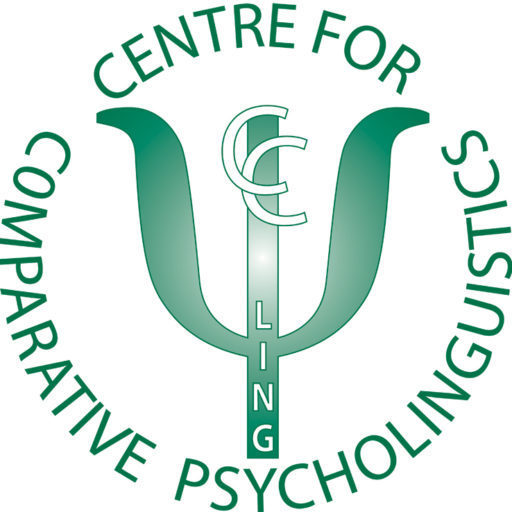Harald Baayen (University of Tübingen)
Computational modeling of lexical processing with naive discriminative learning
Naive discriminative learning (NDL) is a computational implementation of central ideas of discriminative linguistics, a new theory of language that is under development at the quantitative linguistics lab of the University of Tübingen. Instead of grounding language in a compositional calculus defined over phonemes and morphemes, discriminative linguistics takes inspiration from Shannon’s information theory as well as the learning theory of Rescorla and Wagner. Discrimination, not composition, is taken to be fundamental to language and language processing. Discrimination is achieved through error-driven learning, with constant recalibration as experience accumulates over the lifetime. Optimized software implementing discriminative learning is available both for R (ndl package) and for python (pyndl package). This course will comprise lectures in which the principles of discriminative linguistics are introduced. An overview of key results on lexical processing will be presented, ranging from computational modeling of auditory comprehension without mediation by phoneme and word form representations to the modeling of baboon word learning. Lectures will be complemented with lab sessions in which participants receive training in using NDL in the R programming environment.
